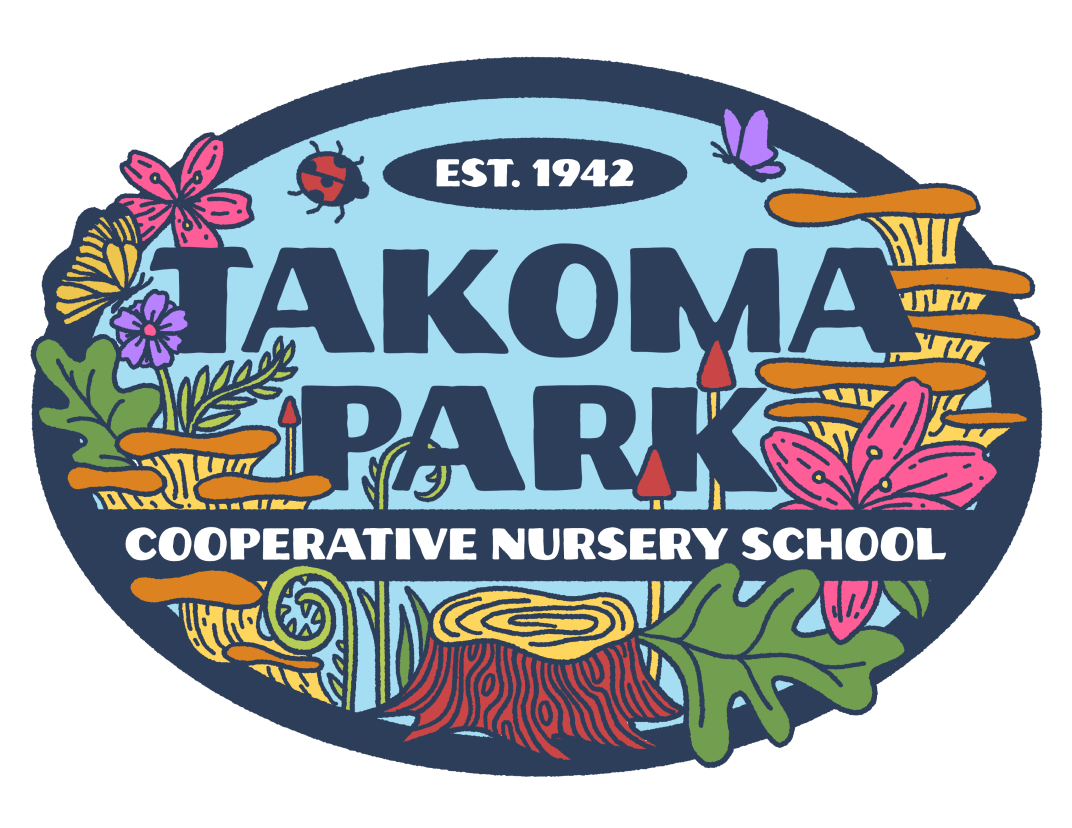Wait Time
Has your child ever said something to you out of the blue that connects to something she saw days before? That is her wait time. She has been processing for days and is now ready to ask a question but it may be another three or four days before she asks a follow up question. When working with young children wait time is critical and one of the hardest things for adults to do. We are constantly moving fast from one thing to another and multi-tasking. Kids don't work like that. They need warning that change is coming, time to prepare, and time to finish what they are doing in the moment before moving on to the next adventure.
At School we give them the time to process. This may be hours, days or even a week or two. We revisit or Look Twice so children can have that important processing time. We connect projects and dramatic play to books we read. Outdoor play becomes an extension of dramatic play, story time and circle time. We work on an art piece over several days so that children have time to process, change and evaluate what they have done, or haven't done. We give them time to feel complete with their work.
As a co-oping parent it is important to keep the answer in your head when you hear a teacher ask a question of the children. Of course WE all know the answer but kids need more time to come to it and they deserve the chance to figure it out on their own.
Often, when I read to children and ask a question in the middle of the book there will be no answer and we will simply move on. The children will, however, continue to think about the question as we read and they will be able to get more from the story as they think about it. I am not quizzing the children when I ask a question but rather encouraging them to make connections. I don't need or expect an answer all the time. It will come when they are ready.
